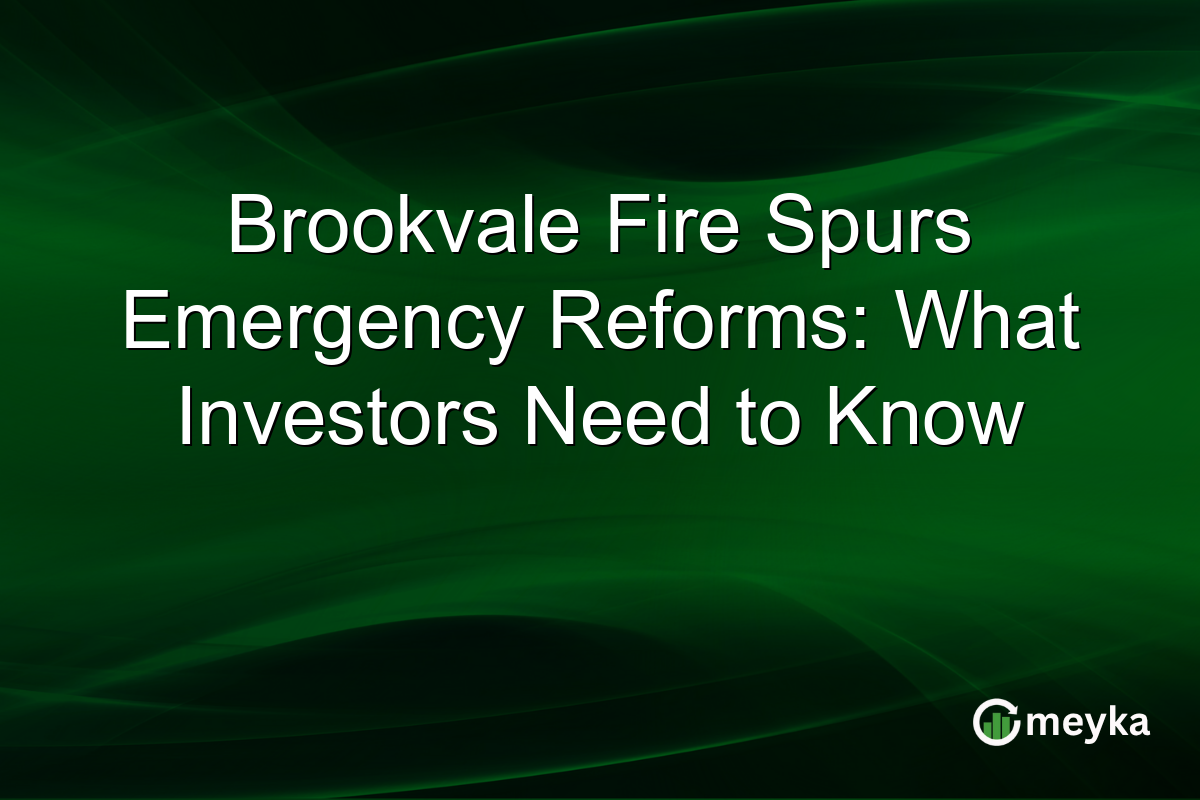Brookvale Fire Spurs Emergency Reforms: What Investors Need to Know
The recent Brookvale fire has triggered a wave of emergency response reforms, showcasing the urgent need for infrastructure investment. As flames engulfed parts of this busy Australian suburb, local businesses witnessed significant disruptions. This incident has drawn attention to the existing emergency frameworks, highlighting both their successes and shortcomings. Authorities are now considering key policy changes that could affect multiple sectors, including real estate and insurance. Investors must stay informed about these developments to anticipate potential impacts on local markets.
Continue Reading on Meyka
This article is available in full on our main platform. Get access to complete analysis, stock insights, and more.
Read Full Article →





